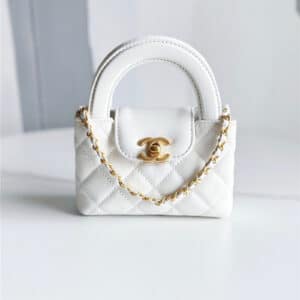Unveiling the World of Replica Designer Clothes: A Journey Through Imitation and Desire
Replica designer clothes have surged in popularity across the globe, catering to consumers who yearn for the luxury and style of high-end fashion brands without the steep price tags. These replicas range from high-quality imitations that are nearly indistinguishable from the original, to lower-quality knock-offs that are easily recognizable as fakes. The industry surrounding replica designer clothing is vast, tapping into the demand for accessible luxury and the ever-growing desire to stay on-trend with fashion without breaking the bank.

The allure of designer brands lies not just in the quality of materials or the uniqueness of design, but also in the status and image they confer to the wearer. However, the high cost of designer garments puts them out of reach for the average consumer. This is where replica designer clothes come into play, offering a bridge between the exclusivity of luxury brands and the accessibility desired by a broader audience. These replicas allow individuals to partake in the latest fashion trends and express their personal style, all while adhering to a more modest budget.
Replica designer clothing is manufactured with various degrees of fidelity to the original designs. The highest quality replicas, often referred to as "super fakes" or "1:1 replicas," are made with meticulous attention to detail, including the use of similar, if not identical, materials, precise stitching, and accurate branding and logos. These replicas can be so convincing that even fashion experts may have difficulty distinguishing them from genuine articles without close inspection.
On the other end of the spectrum are low-quality replicas, which are often produced quickly and cheaply, without much regard for the intricacies of the original design. These items are usually made from inferior materials and may have obvious flaws, such as incorrect logos, poor stitching, and inaccurate color palettes. While these lower-tier replicas are more easily identified as imitations, they still find a market among consumers who prioritize affordability over authenticity.
The production and sale of replica designer clothes have been facilitated by the digital age, with online marketplaces and social media platforms making it easier than ever to find and purchase these items. Sellers use these channels to reach a global audience, showcasing their merchandise through carefully curated photos and engaging with potential buyers through direct messages and comments. This digital ecosystem has contributed to the normalization and widespread acceptance of replicas as a viable option for fashion enthusiasts.
Despite the absence of discussion on ethical considerations, it's important to recognize that the replica market operates within a complex network of supply and demand, with significant implications for consumers, brands, and the broader fashion industry. Consumers benefit from the affordability and accessibility of replicas, allowing them to engage with fashion trends and luxury brands in ways that were previously unattainable.
The debate surrounding replica designer clothes is multifaceted, extending beyond simple matters of legality and into discussions about consumer behavior, the democratization of fashion, and the evolving definition of luxury. As the market for replicas continues to grow, it challenges traditional notions of value and exclusivity in the fashion industry, prompting both brands and consumers to reconsider their positions within this dynamic landscape.

In conclusion, replica designer clothes represent a complex phenomenon within the fashion industry, serving as a testament to the enduring allure of luxury brands while highlighting the desire for inclusivity and accessibility in fashion. As the market for these replicas evolves, it continues to spark dialogue and reflection on the nature of luxury, identity, and consumption in the modern world.

Comments
Post a Comment